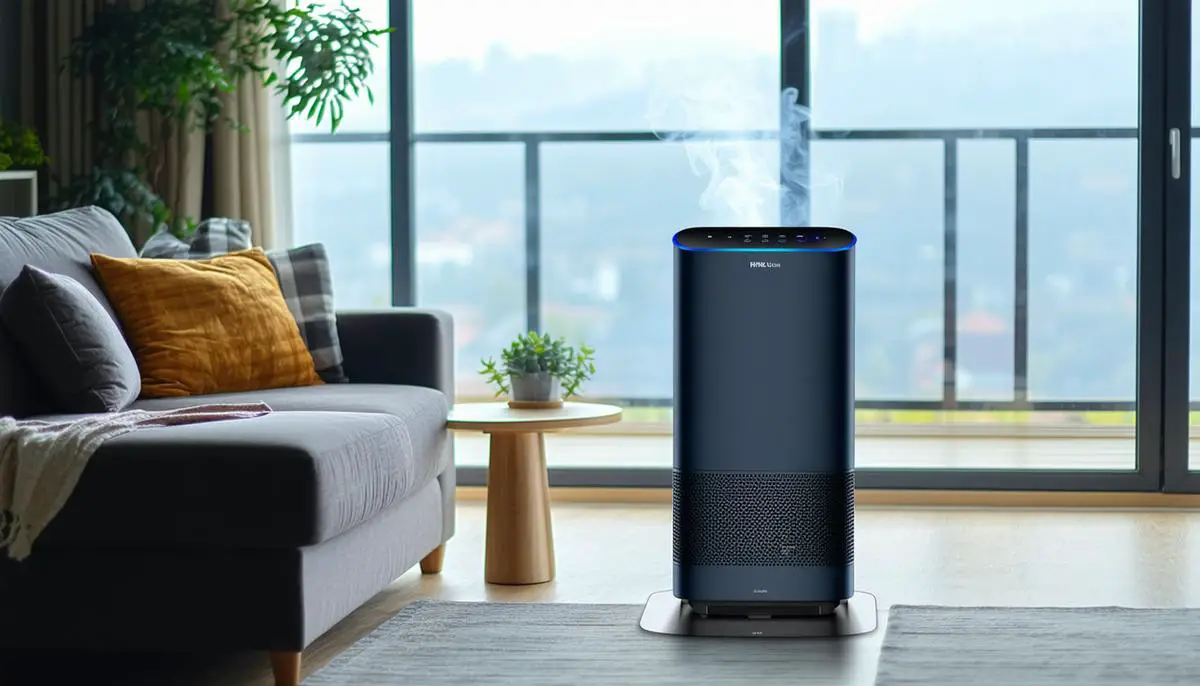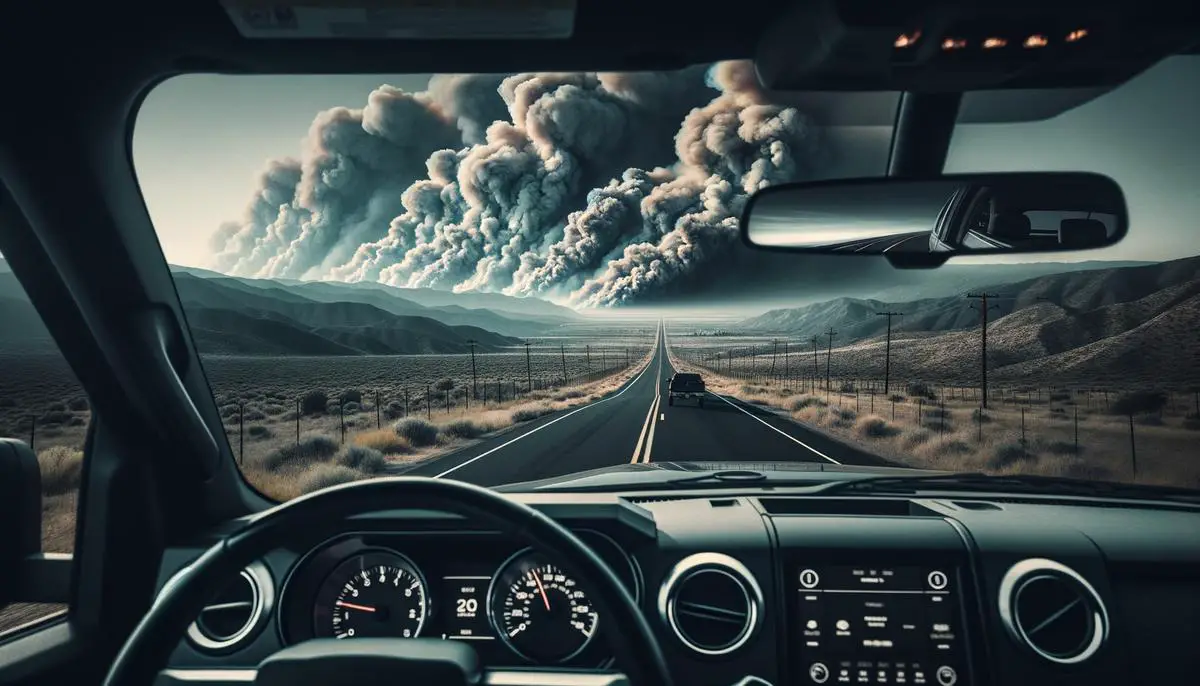Emergency Preparedness and Response
Creating a Wildfire Action Plan is crucial for residents in fire-prone areas of Los Angeles. Develop an evacuation strategy that includes all family members and pets. Establish a meeting location outside the danger zone and map out routes to safety. Those with specific needs should customize their plans accordingly.
Assemble an emergency supply kit for each household member. Include essentials:
- Non-perishable food
- Water
- Flashlights
- Medications
- First aid supplies
Include copies of important documents and pet supplies if needed.
Register for alerts like Los Angeles' NotifyLA to receive timely information about evacuations or nearby wildfire activity. Understanding evacuation procedures is vital. When orders arrive, act promptly. Prepare your vehicle in advance by parking facing outward.
The "Ready, Set, Go!" approach is practical for Los Angeles residents:
- Ready: Ensure you are "Ready" by maintaining defensible space in your yard.
- Set: Get "Set" by having everything packed and a plan ready.
- Go: "Go!" without delay if the time comes.
Early evacuation is critical. Resist the urge to wait it out, as staying behind can lead to dangerous situations.

Health and Safety During Wildfires
Wildfire smoke can pose significant health risks, especially for those with pre-existing conditions. To protect yourself:
- Stay indoors with windows and doors closed.
- Use air purifiers with HEPA filters to create a cleaner indoor environment.
- If going outside is necessary, wear N95 or P100 masks to reduce inhalation of fine particles.
- Avoid vigorous physical activities that increase breathing rate.
- Follow guidelines from agencies like the CDC and SCAQMD.
Recognize that smoke exposure effects can range from minor irritations to more severe health issues. Being proactive and informed is key to reducing the impact on yourself and your loved ones.
"Even in areas far from fires or areas not covered by a smoke advisory, if you can smell smoke or see ash from a wildfire, avoid or limit outdoor activities."

Evacuation and Shelter Protocols
During a wildfire, act quickly when evacuation orders are given. Even without official orders, leave if you feel threatened by nearby fire or smoke. Organize pre-evacuation steps in advance:
- Ensure all family members know the plan.
- Gather necessary belongings and emergency kits.
- Prepare your vehicle for a swift exit.
- Wear protective clothing.
Identify evacuation centers and shelters beforehand. Resources like Red Cross shelters, 211 LA, and Airbnb.org can provide safe havens during emergencies.
Remember, it's always better to evacuate early than to find yourself in a dangerous situation.

Mental Health and Community Support
Wildfires can take a significant emotional toll. Resources are available to provide support:
- SAMHSA Disaster Distress Helpline offers 24/7 emotional support and crisis counseling at 1-800-985-5990.
- Safe Parking LA provides secure places to stay for those experiencing vehicular homelessness.
- Free stores like SUAY offer clothing and supplies at no cost to those impacted.
Recognizing the need for emotional care during emergencies is crucial. Seek help when needed and offer support to others when possible.
Remember, in challenging times like these, our strength lies in coming together as a community.

- National Weather Service. Wildfire Safety.
- South Coast Air Quality Management District. Wildfire Smoke and Your Health.
- Centers for Disease Control and Prevention. Wildfire Smoke and COVID-19.
- California Department of Forestry and Fire Protection. Ready for Wildfire.
- American Red Cross. Wildfire Safety.
![]()